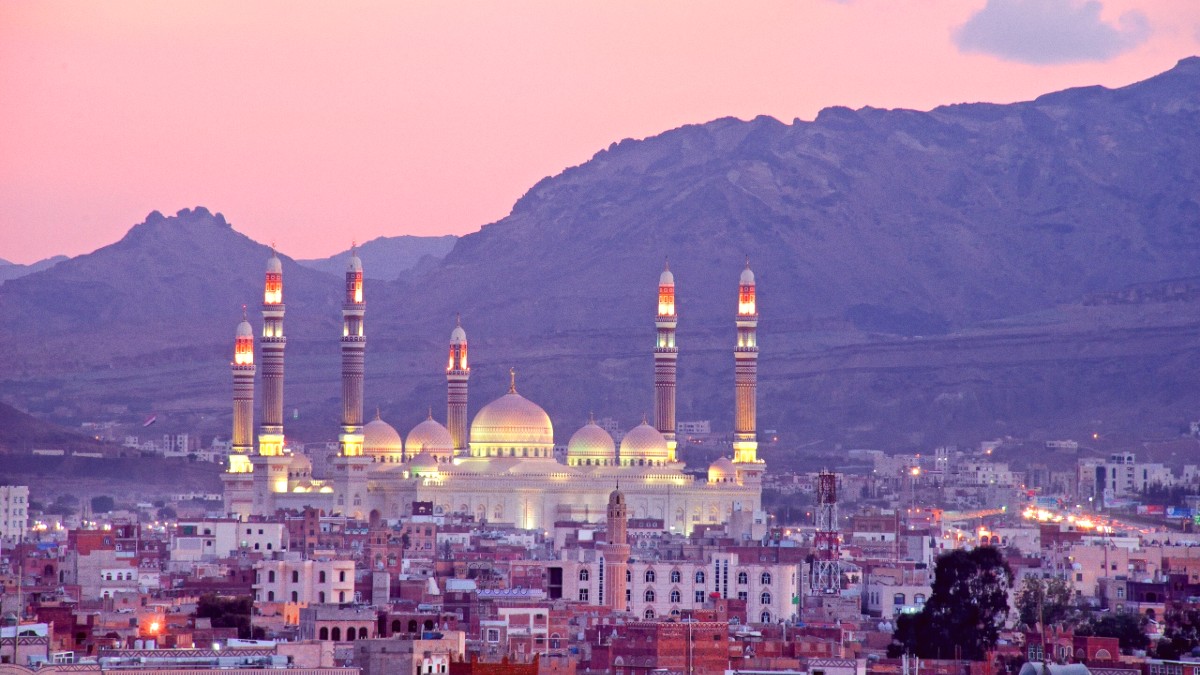
Accessible locations within day-trip distance do not exist for safe tourism. Travel between cities or outside limited urban safe zones is highly dangerous.
This danger stems from numerous checkpoints, active front lines, and a high risk of kidnapping. No "day trip distance" applies in a safe sense for any foreign traveler.
Yemen's natural landscapes are beautiful but largely inaccessible and dangerous for visitors.
The Socotra Archipelago serves as the main natural attraction, recognized by UNESCO for its unique flora and fauna. Access to Socotra is challenging, requiring specific flight or boat arrangements.
Yemen's highlands offer dramatic, terraced landscapes, and coastal areas feature striking shorelines.
Movement within Yemen for foreign personnel is governed by extreme security considerations due to ongoing conflict and widespread risks.
All travel outside of secure compounds or limited zones requires professional security escorts and pre-approved plans.
The risk of abduction remains high, especially for foreign nationals, emphasizing the need for stringent security protocols.
Road conditions and front lines can change rapidly, making real-time security assessments for any movement essential.
Numerous checkpoints are present throughout the country, controlled by various armed groups. Active front lines may pose direct threats.
Many areas, specifically rural and former conflict zones, are contaminated with landmines and unexploded ordnance (UXO).
Entry and exit from Yemen are extremely complex and restricted, mainly for those on essential missions, not tourists.
Obtaining a visa for Yemen is highly challenging and typically limited to those with official sponsorship for humanitarian or diplomatic work.
Sana'an International Airport (Sana'a) is the main, albeit intermittently operational, entry point, largely for UN and aid flights.
Exiting Yemen can be as difficult as entering due to flight availability, security checks, and bureaucratic hurdles.
Airport services are minimal and basic at best. Expect long waits and limited amenities.
While flight disruptions are common when traveling to/from Yemen, seeking compensation for delays or cancellations is extremely challenging given the unique circumstances.
The standard processes for flight compensation claims may not apply or be effective for flights impacted by conflict zones. For flights in more stable regions, services like Compensair assist with claims.
Keep all flight details, boarding passes, and communication regarding delays or cancellations, though their utility may be limited.
Seek legal counsel specializing in international travel law for specific situations, though success in a conflict context is uncertain.